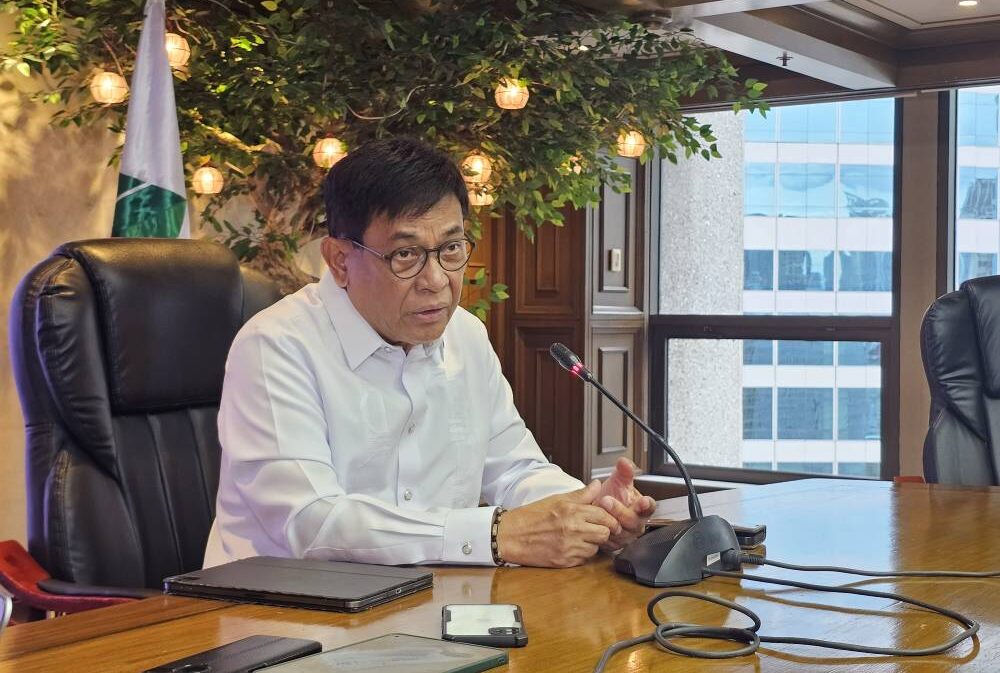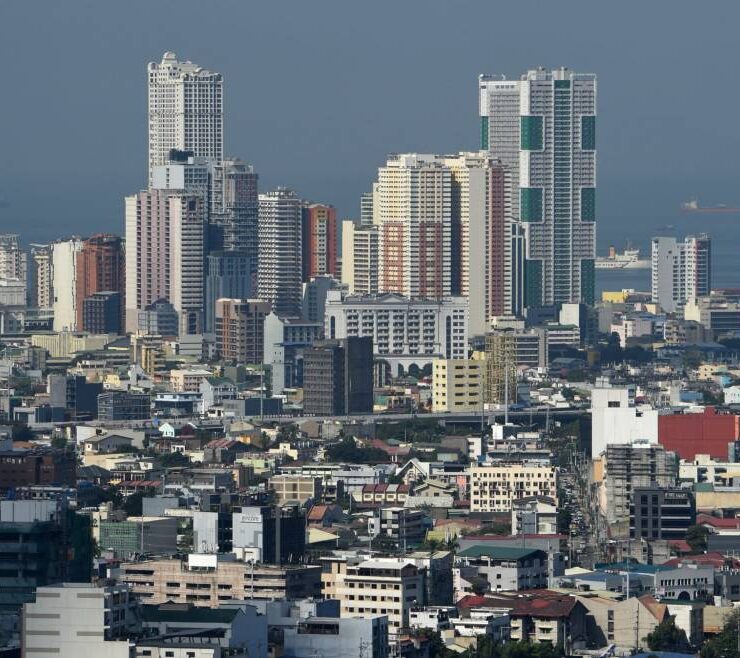Lim vows to deepen PH capital markets

Francis Lim, the newly appointed chair of the Securities and Exchange Commission (SEC), vowed to deepen the country’s capital markets and put an end to bureaucratic delays that have discouraged companies from registering or making their stock market debut.
In prioritizing projects that intend to improve the Philippine capital markets, Lim emphasized that while the local bourse was among the oldest exchanges in the world, it still lagged behind its peers.
“I don’t really know why we’ve been lagging behind despite so-called structural changes,” he said during a press briefing.
The former president of the Philippine Stock Exchange (PSE) officially began his term as head of the SEC on Tuesday, succeeding Emilio Aquino, who just ended his seven-year term.
Among the key changes the lawyer will pursue during his term are “reasonable reductions” in the SEC’s fees, particularly for micro, small and medium enterprises (MSMEs).
“Regulation must support, not suffocate,” Lim said, adding that some regulatory fees can be particularly expensive for MSMEs.
Currently, the SEC charges a minimum P2,000 fee for companies that file documents with the commission.
Lim noted that the law of proportionality should apply, as the minimum amount may be too high a price for small businesses.
At the same time, the official said he would likewise prioritize the “simplification of processes and systems” to make it easier for companies to comply with requirements and “harder to delay.”
Lim recognized that the agency had a backlog in terms of pending applications, saying that the SEC would address these “quickly and responsibly.”
“We will work overtime, during the weekdays, weekends and even holidays to resolve all pending applications,” he added.
As for encouraging more companies to list, Lim said they would specifically take a look at state-owned enterprises, such as Land Bank of the Philippines and Development Bank of the Philippines, and government-owned and -controlled corporations, to see which were “listable.” Lim noted that these were low-hanging fruits that can be easily tapped to grow the stock exchange.
Last year, the Organization for Economic Co-operation and Development (OECD) found in its Philippine Capital Market Review that long processes and loose enforcement of governance policies were preventing around 400 companies in the country from braving the stock market.
The OECD pointed out that the Philippines was second to the last in Southeast Asia when it came to key governance indicators, including corporate and shareholder governance, protection of minority shareholders’ interests and regulatory quality.
For his part, Lim wanted to form task groups led by the SEC, PSE and Philippine Dealing and Exchange Corp. that would identify challenges and which rules needed to be amended to improve the local capital markets.
“We will work to further simplify and streamline everything we ask from the public,” he said. “I know that some steps have been undertaken along this line, and we are committed to pursue them with more vigor.”





















